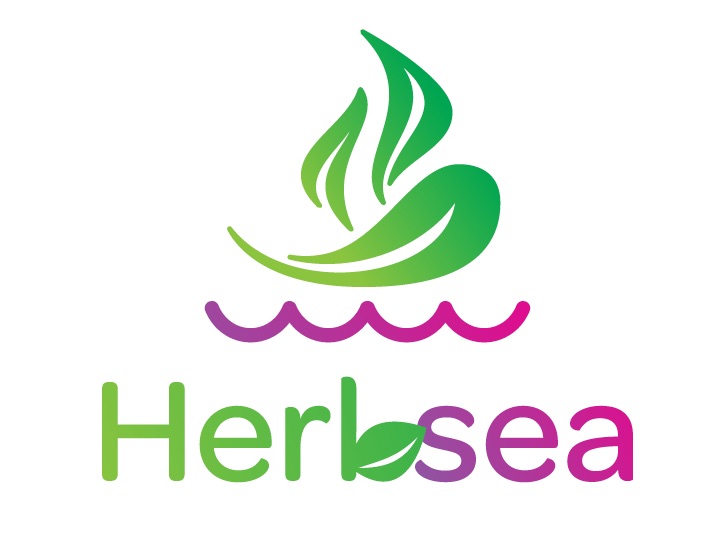Ancient Asian cultures were very wise when it came to health and self-preservation, as well as being leaders in culture and art. Tea drinking was and remains the norm throughout Asia, and many epidemiological studies show numerous links between drinking tea daily and specific health support.
A recent clinical study suggests that tea drinking may reduce the risk of cognitive impairment in older individuals by 50 percent and as much as 86 percent for those who are genetically at risk of developing Alzheimer’s. As little as one cup of tea per day can provide brain health support, according to the study authors.
The longitudinal study involving 957 Chinese seniors aged 55 years or older has found that regular consumption of tea lowers the risk of cognitive decline in the elderly by 50 percent, while APOE e4 gene carriers who are genetically at risk of developing Alzheimer’s disease may experience a reduction in cognitive impairment risk by as much as 86 percent.
The research team also discovered that the neuroprotective role of tea consumption on cognitive function is not limited to a particular type of tea — so long as the tea is brewed from tea leaves, such as green, black or oolong tea.
Lead author L. Feng, emphasized that the brain-support benefits are universal: “While the study was conducted on Chinese elderly, the results could apply to other races as well. Despite high-quality drug trials, effective pharmacological therapy for neurocognitive disorders such as dementia remains elusive and current prevention strategies are far from satisfactory. Tea is one of the most widely consumed beverages in the world. The data from our study suggests that a simple and inexpensive lifestyle measure such as daily tea drinking can reduce a person’s risk of developing neurocognitive disorders in late life,” he explained.
He added, “Based on current knowledge, this long-term benefit of tea consumption is due to the bioactive compounds in tea leaves, such as catechins, theaflavins, thearubigins and L-theanine. These compounds exhibit anti-inflammatory and antioxidant potential and other bioactive properties that may protect the brain from vascular damage and neurodegeneration. Our understanding of the detailed biological mechanisms is still very limited so we do need more research to find out definitive answers.”
In this study, the research team collected and analyzed tea consumption information from the participants, who are community-living elderly, from 2003 to 2005. At regular intervals of two years, the team assessed the participants, testing their cognitive function using standardized tools until 2010. Information about lifestyles, medical conditions, physical and social activities were also collected. Those potential confounding factors were carefully controlled in statistical models to ensure the robustness of the findings.
There are so many delicious types of tea – white, oolong, green, red (rooibos) and black, we encourage you to find your favorite, and create a ritual of relaxation by sipping your tea. This is also a terrific way to combat stress and provide balance.
-
(L. Feng, et al. Tea consumption reduces the incidence of neurocognitive disorders: Findings from the Singapore longitudinal aging study. The Journal of Nutrition, Health & Aging, 2016; 20 (10): 1002 DOI: 1007/s12603-016-0687-0)
Follow us on social media! Get our latest news and products!


![]()
![]()
![]()



I drink tea constantly so it’s nice to know that the research agrees with that habit! 🙂
LikeLiked by 1 person
Thanks and you’re welcome! Feel free to visit our blog and website to receive more health tips :)!
LikeLike